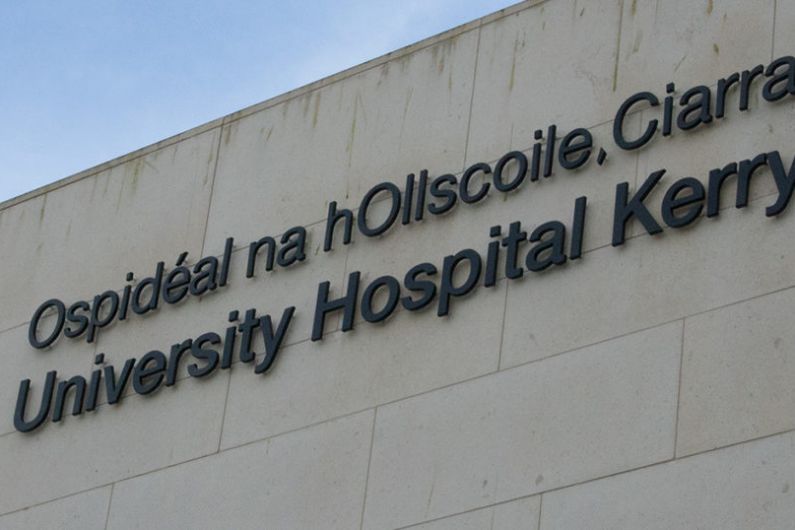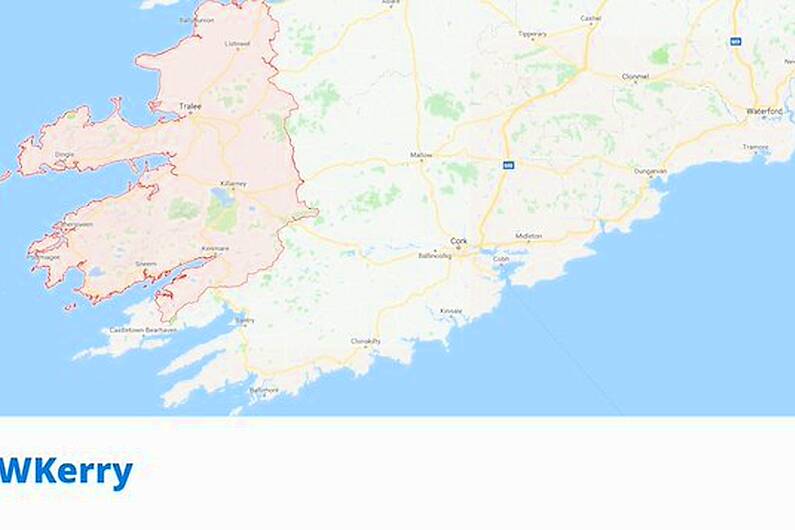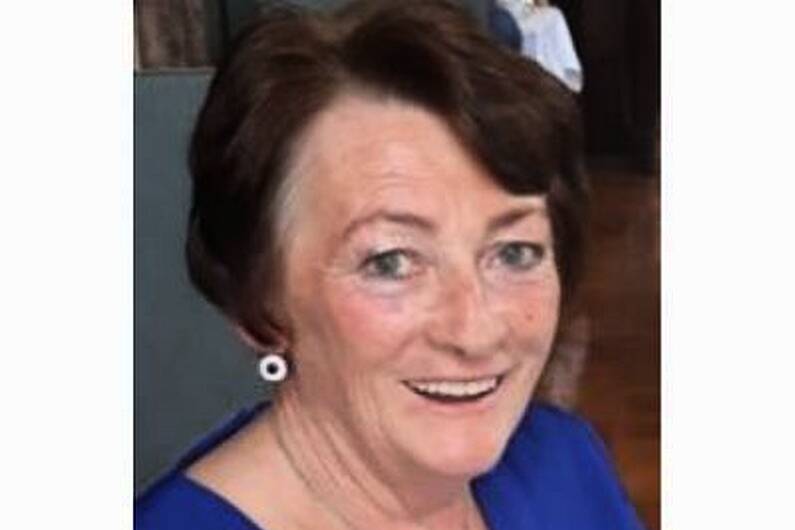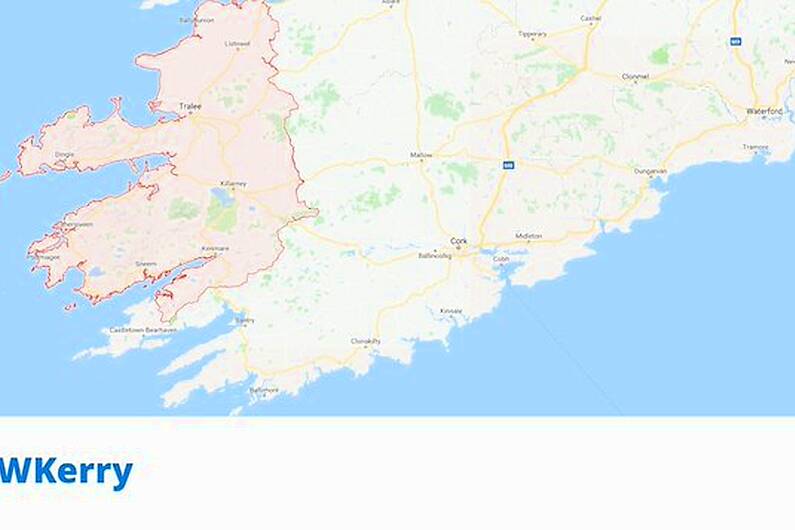A doctor has admitted he should have reordered blood tests on a woman who appeared to have a bleed following childbirth at University Hospital Kerry and who subsequently died.
Dr Fahad Hendricks was giving evidence today at the inquest into the death of Tatenda Mukwata on April 21st 2022.
The 34-year-old Zimbabwean had lived in a direct provision centre in Kenmare with her three daughters.
She had delivered her fourth daughter via a caesarean section just over six hours before her death.
Gynaecologist Dr Fahad Hendricks performed a caesarean section on Tatenda Mukwata at University Hospital Kerry on April 20th 2022, in which baby Eva was born at 7.47pm.
He was undertaking other c-sections, when at around 9.30pm he was informed by the senior consultant that tests were ordered on Tatenda, who was still in the recovery room, as there were concerns about her vital signs.
The senior house officer, Dr Bushra, gave evidence of being requested to take an urgent blood sample to test for infection in Tatenda, and that an antibiotic was subsequently administered.
At 10.55pm Dr Hendricks assessed Tatenda’s low blood pressure, and immediately thought she may be bleeding.
He says however there were no signs of bleeding, so he concluded she had sepsis with septic shock.
He said Tatenda had two temperature spikes, and along with low blood pressure and increased heart rate, and her being immunocompromised, these are features of sepsis and shock.
Dr Hendricks discussed this and about moving Tatenda to intensive care with the senior consultant by phone, and the consultant agreed.
Tatenda’s haemoglobin levels dropped after the caesarean section; haemoglobin carries oxygen around the body.
On cross examination by Dr John O’Mahony, SC, Dr Hendricks, who was visibly upset at times, admitted with the knowledge he has now, the decreased levels would indicate Tatenda was slowly bleeding into her abdomen.
He said it was a mistake not to check the haemoglobin level in the tests ordered around 9.30pm, and if he or a member of his team had done so, he would have reordered bloods, and taken Tatenda for a scan or to theatre to check for a bleed.
Dr O’Mahony noted this could have saved Tatenda’s life.
Anaesthetic registrar Sarah Abdelazim Edbadawi said Tatenda had been pale and anxious when brought to intensive care at 12.30am.
She said Tatenda’s veins had collapsed; she went into cardiac arrest after 1am and CPR was started, however, she was declared dead at 2.32am.
The inquest continues at Tralee Courthouse before coroner Helen Lucey and a jury of eight people.
 Tatenda Mukwata
Tatenda Mukwata






